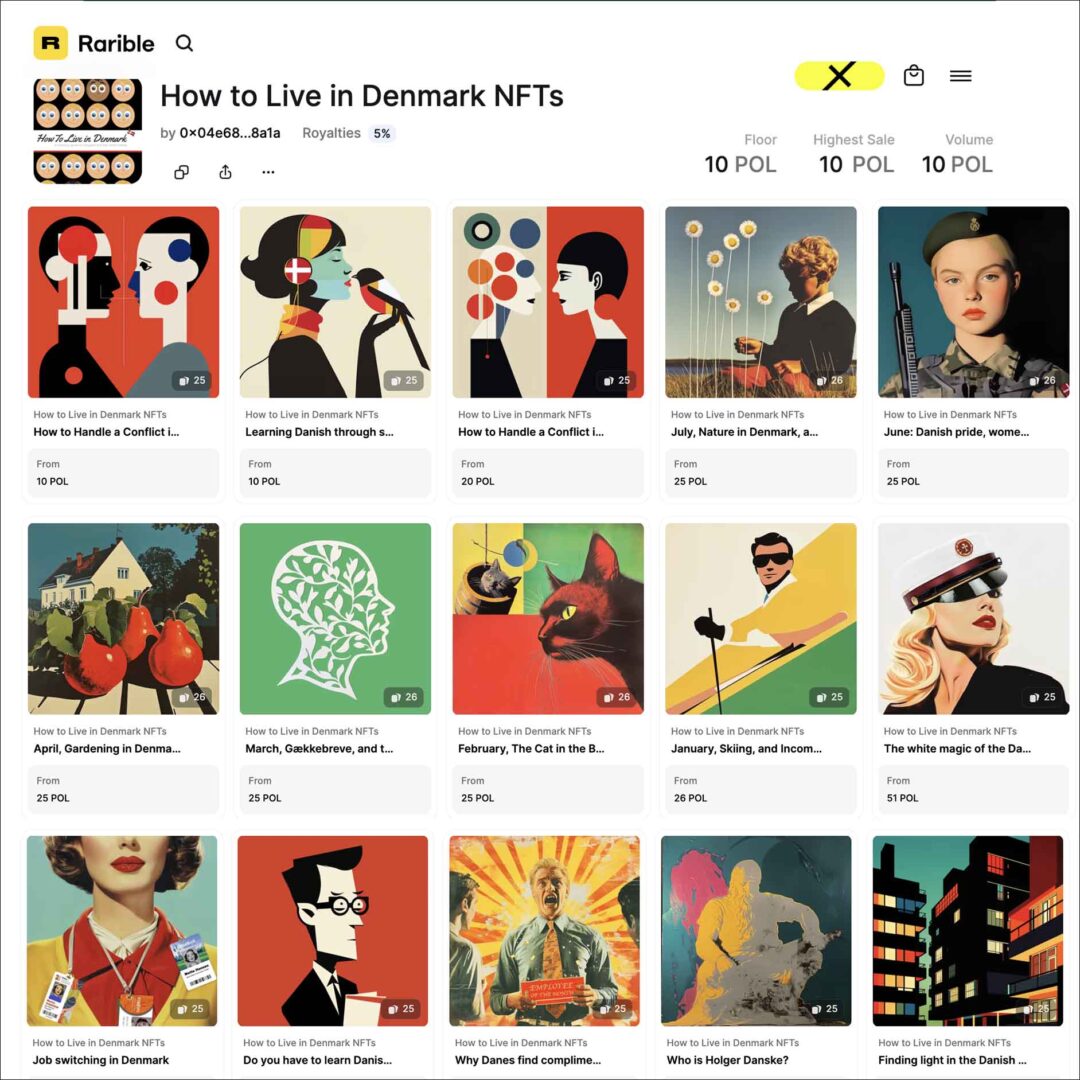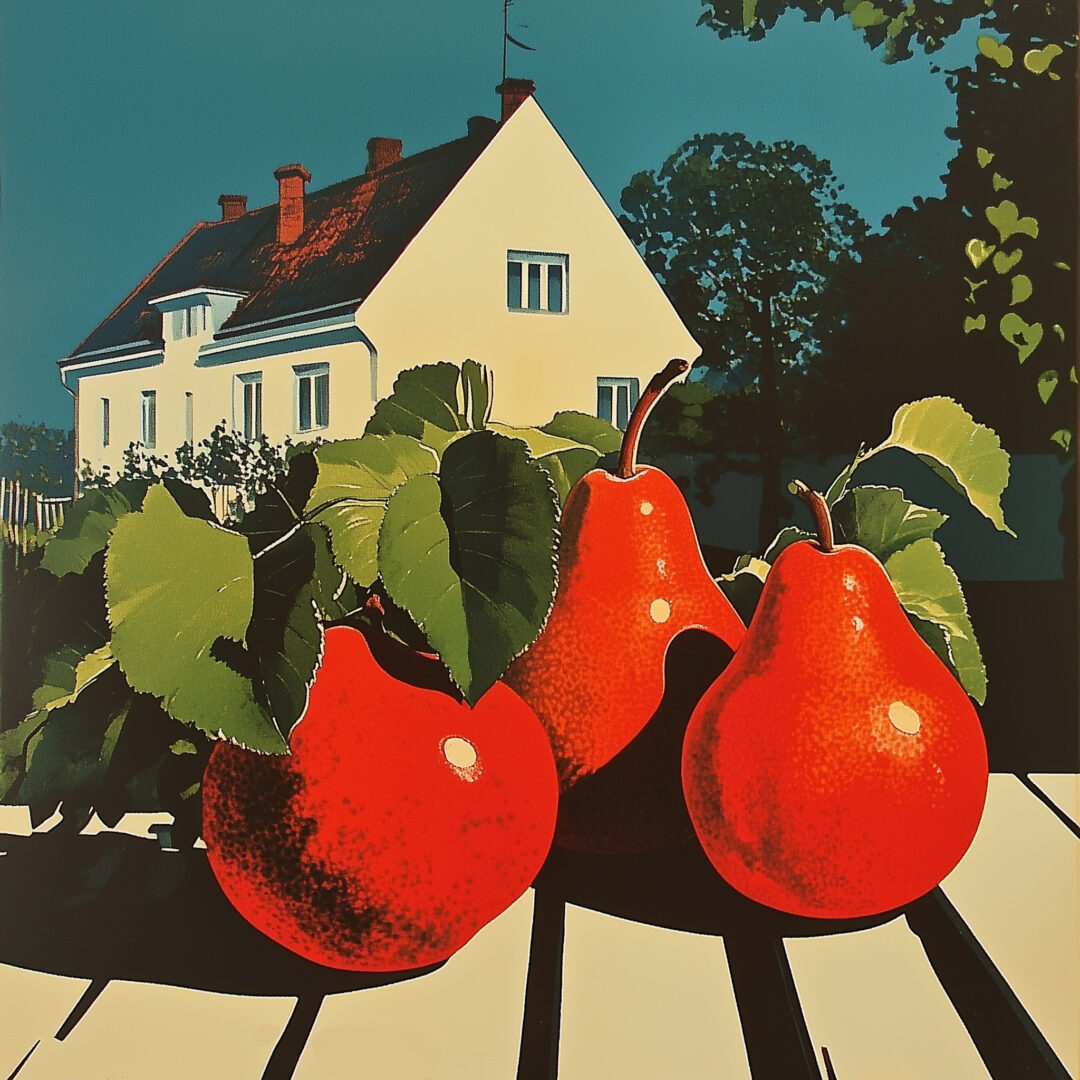I’ve referred to “The Danish Year” before on How to Live in Denmark. It’s a series of events that are simply expected to happen every year in Denmark, even if they aren’t formal holidays. In 2025 I’m going to try to do a podcast every month about aspects of the Danish year, and how they fit into the overall context of where Denmark is coming from, and where it’s going.
I travel a lot around Denmark, giving speeches in various cities and towns, and I usally travel on the on the Danish train network, DSB. Danes love to hate DSB, but I kind of like it. The trains are clean, generally on time, and you even get frequent traveler miles for your trips that you can use to buy ice cream or other snacks. And the trains have big windows that you can look out and see this lovely, flat country roll by.
The name of this podcast is How to Live in Denmark, but Denmark is not a uniform thing. The landscape differs – a few hills in some places, forests in some places, water to cross over – and the government differs. While the Parliament in Copenhagen decides on big issues like defense and immigration, local authorities are in control of things that really matter to everyday life.










 Gækkebreve arrive just before Easter, and they are always carefully cut from a single piece of paper, usually in an elaborate pattern. The poems are usually standard, copied from a book, and they are anonymous, but the mysterious dots they are signed with correspond to the number of letters in the sender’s name.
Gækkebreve arrive just before Easter, and they are always carefully cut from a single piece of paper, usually in an elaborate pattern. The poems are usually standard, copied from a book, and they are anonymous, but the mysterious dots they are signed with correspond to the number of letters in the sender’s name. 